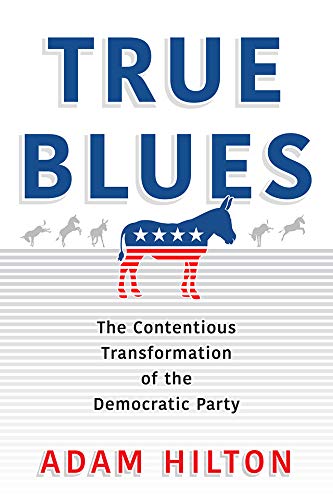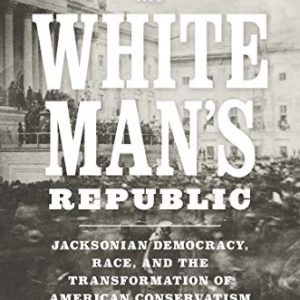Who rules political parties? Current insurgent campaigns, like those of Donald Trump and Bernie Sanders, have thrust this critical question to the center of political debate for casual scholars and observers alike. Still, the dynamics of modern party politics remain inadequately understood. Declarations of either elite control or interest group dominance both were unable to explain the Trump victory and the surprise of the Sanders insurgency and their following reverberations through the American political landscape.
In True Blues: The Contentious Transformation of the Democratic Party (PDF) the author Adam Hilton handles the question of who governs parties by examining the transformation of the Democratic Party after the late 1960s. Reconceiving parties as “contentious institutions,” Hilton debates that Democratic Party change was driven by recurring conflicts between groups and officeholders to explain and control party identity, program, and policy. The result of this prolonged struggle was a wholly new kind of party—an advocacy party—which established greater party dependence on external groups for legitimacy and organizational support, while also, in turn, strengthening greater group dependency on the presidency for the gratification of its symbolic and substantive demands. Subsequently, while the long conflict between party reformers and counter-reformers successfully opened the Democratic Party to new voices and identities, it also eased the growth of presidential power, rising inequity, and deepening partisan polarization.
Finding the rise of the advocacy party from the fall of the New Deal order through the presidency of Barack Obama, True Blues defines how and why the Democratic Party has come to its present crossroads and suggests a bold new perspective for understanding the dynamics driving the American party politics more broadly. 978-0812252996
NOTE: The product only includes the ebook, True Blues in PDF. No access codes are included.






Reviews
There are no reviews yet.